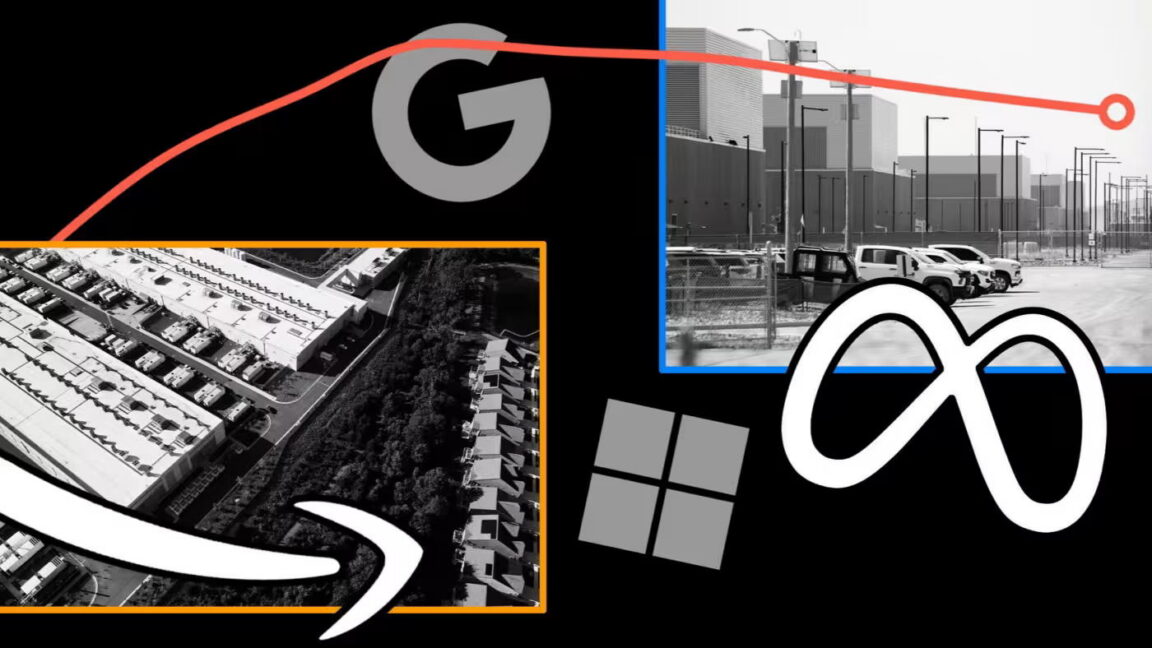
""There's going to be one price trend: that is you will see higher costs for certificates at low producing times of day and seasons," said Daniel Arnesson, of the energy analytics company Veyt. Across a global portfolio, this may make it "fundamentally more expensive" to buy credits. Only a handful of companies including Google and AstraZeneca have backed the more expensive "24/7" hourly-matching and localized approach to clean energy investments that has been proposed for consultation."
"A coalition that includes Meta, Amazon, and General Motors had instead argued for more flexibility in clean energy purchases, which it said could channel funds to developing countries more in need of these investments. It has also suggested a technique to account for emissions "avoided" by clean energy, which the Protocol is separately considering. A group of attorneys-general in the US accused Microsoft, Meta, Google, and Amazon last month of using "environmental accounting gimmicks" to make claims that "appear deceptive,""
Reforming greenhouse-gas accounting toward hourly, localized '24/7' matching will increase certificate costs during low-production times and could make credits fundamentally more expensive across global portfolios. Large technology companies and other firms have both backed and opposed the proposed changes, with some supporting the more costly 24/7 approach and others advocating flexibility to channel funds to developing countries. Corporate lobbying has intensified around the overhaul of accounting standards. Regulators and attorneys-general have raised concerns that some firms use environmental accounting methods that may appear deceptive and could destabilize local power grids through surging demand.
Read at Ars Technica
Unable to calculate read time
Collection
[
|
...
]